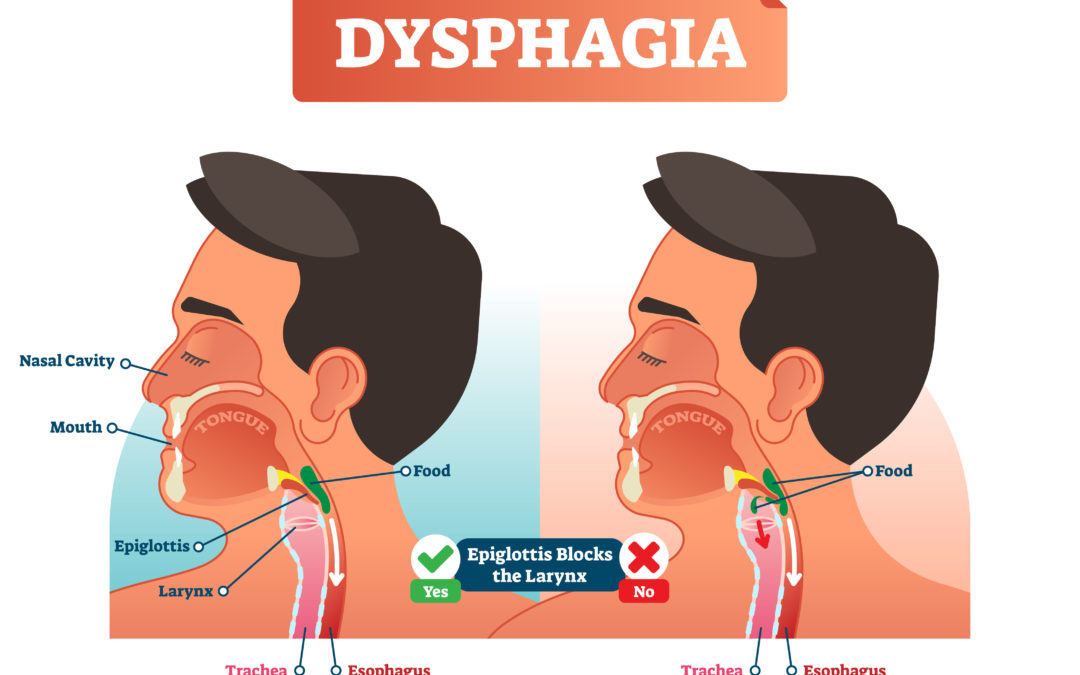We all love to eat. For some of us, eating becomes our comfort, especially when we are stressed from work and other problems. However, what happens when you find it hard to swallow? Occasionally, you might find it hard to swallow, especially when you eat too fast or don’t chew your food correctly but experiencing it frequently can indicate a problem. This condition is called dysphagia.
However, swallowing is a complicated and coordinated maneuver that involves a lot of muscles and nerves. When you have dysphagia, it takes more time and effort to move food or even liquid from your mouth down to your stomach. With dysphagia, you can feel some pain and sometimes, swallowing can be impossible. This condition can occur at any age, but it is more common in older people. If you are not sure whether you have dysphagia or not, here are some signs and symptoms you should take note:
- Pain when swallowing
- Not being able to swallow
- Getting the sensation of food getting stuck in your throat
- Drooling
- Being hoarse
- Frequent heartburn
- Unexpected weight loss
- Coughing when swallowing
When you experience these symptoms, it is more likely that you are suffering from dysphagia. It is advisable to see a doctor if you cannot swallow food and interfere with your breathing.
Swallowing and strengthening for dysphagia
If you are experiencing difficulty in swallowing, you should consider tongue strengthening exercises. It can help you swallow better and these practices can help make your tongue stronger and move more easily. It is important that you address dysphagia as soon as possible as it can pose a risk to your health. With dysphagia, the food or fluid can get into your airways and lungs. As a result, it can lead to pneumonia which is another problem.
Strengthening exercises for your tongue is safe. It is the best way to improve your ability to swallow. Before you start your exercises, you are required to change your position. Your SLP or speech-language pathologist will show you how to do it when necessary. During swallowing and strengthening exercises for dysphagia, you must remove all the distractions such as turning the TV off and make sure you don’t have a visitor. When you have a clear and quiet environment, you will focus on the exercise and get the most out of it. Don’t worry, your SLP will tell you if there is anything that you need to do or prepare before you start your exercise.
The goal of swallowing and strengthening exercises for dysphagia is to make sure there is coordination on the nerves and muscles involved in swallowing. You can also improve your swallowing function with at-home swallowing exercises. Your SLP will let you know what to do and will tell you how often you need to do it. Like any type of exercise, you should keep record what you do to help you remember about it. Continue doing your exercise and you will get the most out of it. For more information on dysphagia contact us at Sunshine Home Healthcare.


Recent Comments